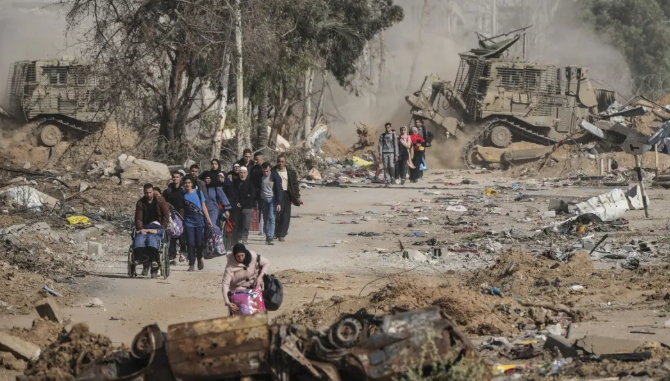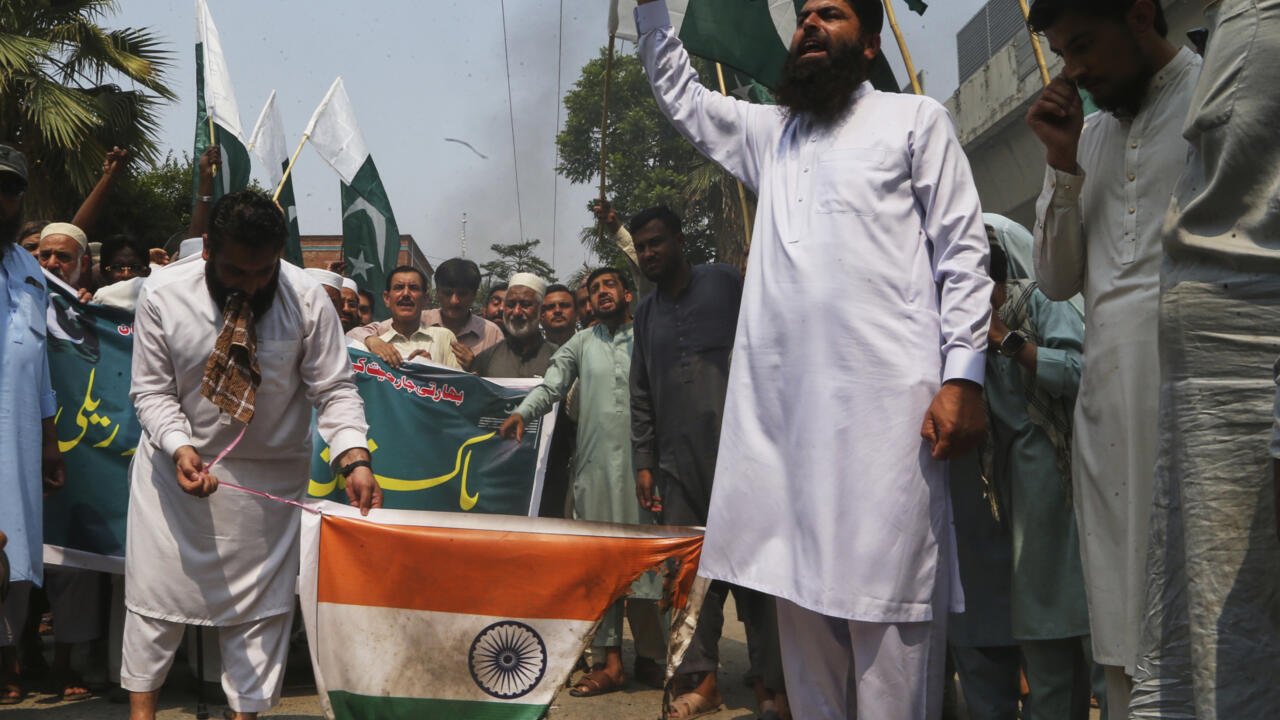Israeli Airstrikes in Gaza Leave 65 Dead, Including Journalists and Children: A Deepening Crisis

Israeli airstrikes in Gaza have resulted in the deaths of at least 65 people, including journalists and children. The ongoing escalation has led to widespread destruction, displacing hundreds of families and overwhelming medical facilities. Hospitals are struggling to cope with the influx of wounded individuals, facing severe shortages of essential supplies. The continuous bombardment has heightened tensions in the region, sparking international outrage and renewed calls for a ceasefire.
The attacks have reportedly targeted residential neighborhoods, media offices, and infrastructure, leading to significant civilian casualties. Palestinian officials have condemned the strikes, calling them indiscriminate and a violation of international humanitarian laws. Eyewitness reports describe scenes of devastation, with rescue workers pulling bodies from the rubble and families mourning their loved ones. The humanitarian crisis is worsening, with access to food, clean water, and medical aid increasingly difficult.
Israel has defended the airstrikes, stating that they are aimed at eliminating security threats. Government representatives argue that militant groups are using civilian areas as cover, making targeted operations necessary. However, critics argue that the scale of destruction and loss of innocent lives indicate a disproportionate response. International organizations, including the United Nations, have urged restraint, warning that continued violence could destabilize the region further.
Protests have erupted in several countries, with demonstrators demanding an end to the attacks and stronger intervention from global powers. Diplomatic efforts are underway, with calls for an immediate ceasefire gaining momentum. Human rights groups are documenting evidence of possible war crimes, pushing for accountability through international courts. The crisis has also fueled debates on the long-term impact of repeated military actions in Gaza, with experts emphasizing the need for sustainable peace efforts.
As the death toll rises, humanitarian organizations are scrambling to provide aid, but logistical challenges and security concerns are hampering relief efforts. Children are among the most affected, with many losing their homes, families, and access to education. The psychological impact of constant bombings and fear is expected to have long-term consequences on the affected population. The need for urgent intervention is growing, with global leaders being urged to take decisive action.
The ongoing situation in Gaza highlights the fragile nature of peace in the region. Analysts warn that without meaningful diplomatic solutions, cycles of violence will continue to devastate innocent civilians. Political tensions between Israel and Palestinian leadership remain a major obstacle to achieving lasting peace. Calls for international mediation are increasing, with pressure mounting on influential countries to facilitate negotiations and prevent further bloodshed.





uEkBK MVMWiu ggTrZkFr